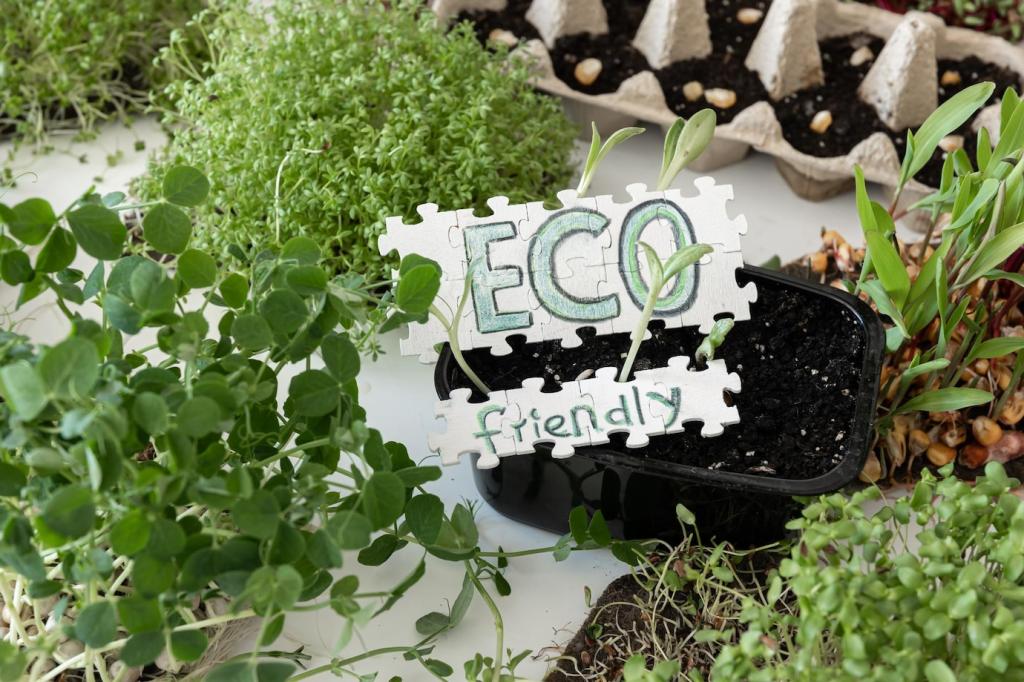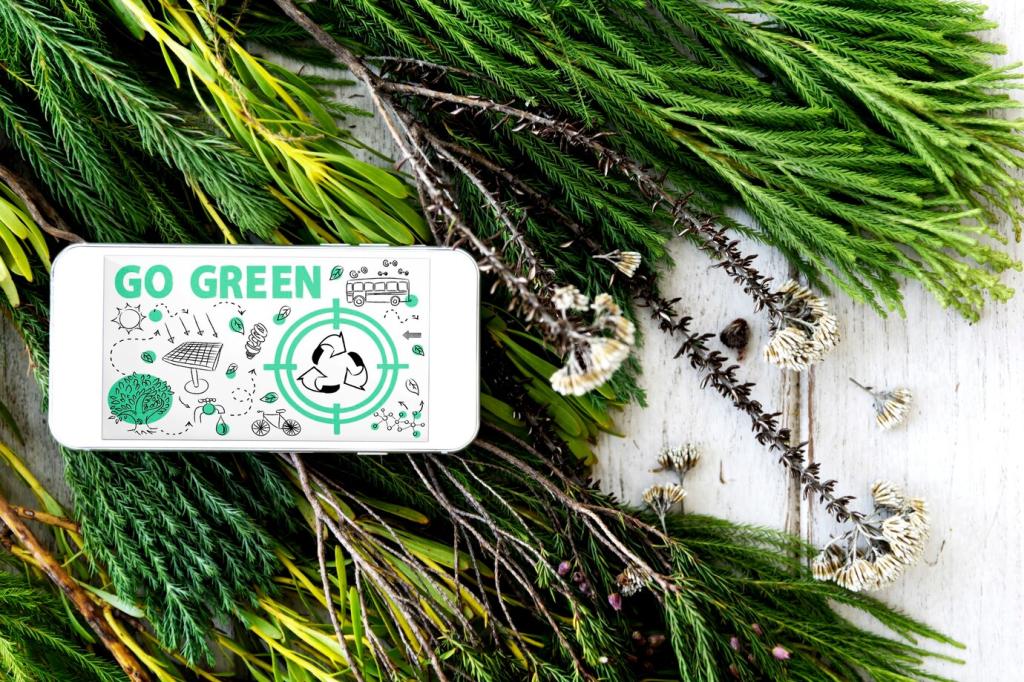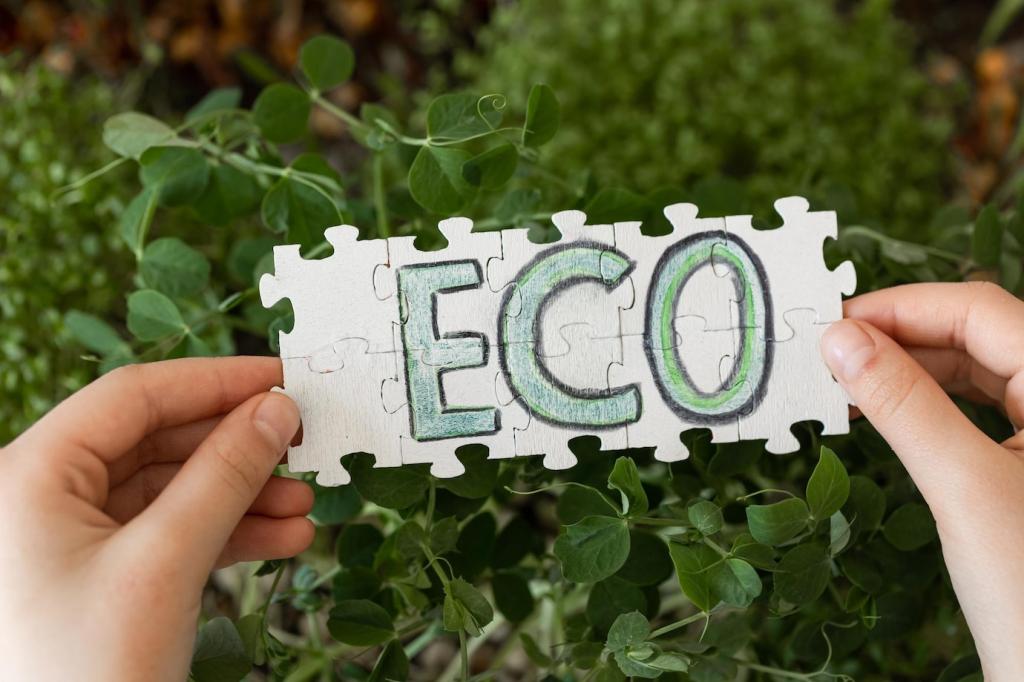
Persuasion That Plants Seeds: The Science Behind Green Living Content
Chosen theme: The Science of Persuasion in Green Living Content. Welcome to a home for warm, evidence-based storytelling that turns climate intentions into everyday actions. Subscribe, share your perspective, and help us build a community where smart psychology grows practical, hopeful change.
Psychology That Moves Us Toward Greener Choices
Loss aversion as an engine for sustainability
People work harder to avoid losses than to secure identical gains, which is why highlighting wasted energy or disappearing local species can feel urgent. Try asking readers what they most fear losing in their neighborhood, then invite protective, practical steps.
Present bias and the power of near-term wins
We love rewards now, not later. Frame greener choices with immediate benefits like fresher air at home, lower bills this month, or a quieter street. Share one quick win you tried this week in the comments, and inspire someone else to follow today.
Identity-based appeals that feel personal
When sustainability aligns with who we are, actions stick. Speak to identities readers cherish, like helpful neighbor, caring parent, or resourceful maker. Tell us which identity motivates your green habits, and we will craft tips that fit your real life.
Social Proof and Norms: Let the Community Lead
Descriptive norms show what most people do, while injunctive norms reflect what people approve of. Mixing both can prevent backfire. Try stating that most homes on your street now compost, and neighbors applaud newcomers who start with small, easy steps.

Framing and Storytelling That Stick
Gain framing highlights the brighter outcomes of action, while loss framing clarifies what is at stake. Blend both carefully. Try pairing healthier playground air with the risk of more heatwave days, then invite readers to choose one positive step today.
Framing and Storytelling That Stick
Abstract tons and kilowatts fade quickly. Translate into kitchen and street language, like kettles boiled, trees shaded, or buses filled. Share your favorite way to visualize impact, and we will compile a friendly cheat sheet for everyone to reference.
Framing and Storytelling That Stick
When Mia told us her son noticed birdsong after they planted a balcony herb garden, dozens tried the same. One gentle image changed minds. Tell us a tiny moment that nudged you greener, and let it become someone else’s turning point.
Nudges and Defaults That Lower the Friction
When the default is a green energy plan or reusable option, most people stay because switching takes effort. Always offer clear opt outs. Would you prefer your building to default to green electricity? Vote in the comments and explain your top concern.
Design and Language That Persuade Ethically
Simple layouts, generous spacing, and plain language help readers act without confusion. Replace jargon with everyday words and a single obvious next step. Share a confusing phrase you keep seeing online, and we will rewrite it together for clarity.
Trust, Credibility, and the Right Messenger
Messenger effect: who says it matters
People trust peers, local leaders, and relatable experts. Try partnering a scientist with a neighborhood teacher in your content. Tell us who your community trusts most, and we will invite them to contribute practical, no nonsense guidance here.



Measure, Learn, Iterate: Proof of Persuasion
Test headlines, images, and prompts against actions that matter, like signups for local compost pickup. Celebrate small but reliable gains. Want us to test a headline idea from you? Drop it below, and we will include it in our next experiment.
Measure, Learn, Iterate: Proof of Persuasion
Track durable habits like refill frequency, thermostat changes, or car-free days, not just impressions. Ask readers for permission to follow up ethically. Would you opt into a monthly habit check survey? Tell us why or why not, and help shape it.
